This article was definitely the hardest for me to write because my two biggest passions are in conflict with each other. Since I was a child I’ve lovednature and I’ve made itmy biggest priority in life to protect this astonishing planet. At the same time, my second biggest passion is traveling and seeing as much of this earth as possible.In my perspective, traveling can have the biggest impact on one’s life, but also, on the planet.
For Paulyne, she started to get to know more about our environment through the last year of her master’sdegree. She earned her degree in translation and each year the teachers would choose one overlying theme to draw on throughout the year.The theme of 2017 was the environment and she read and translated texts about it all year, dreaming about discovering new places all around the world and learning that those places were endangered acted like a trigger.
We both strongly believe that traveling can be a true game changer in your life and at the same time, it improves thewell-being of this planet and all its inhabitants. Today, traveling focuses around the narcissistic idea that the traveler has the best experience, no matter the cost. In this article, we want to show youthat you will actually have an even better travel experience when the planet and its inhabitants benefit from your trip as well.
“Today, traveling focuses around the narcissistic idea that the traveler has the best experience, no matter the cost.”
We divided the article into five major travel topics that everyone usually encounters while traveling. Transport, local environment, wildlife, local people and your own mindset. In each topic, we will share with you some easy tips on how you and the planet can benefit from your next trip. To save you time, we’ll just give you a glimpse here. If you want to know more, you can dig deeper into every topic by following their respective links. So, let’s go!
Transport
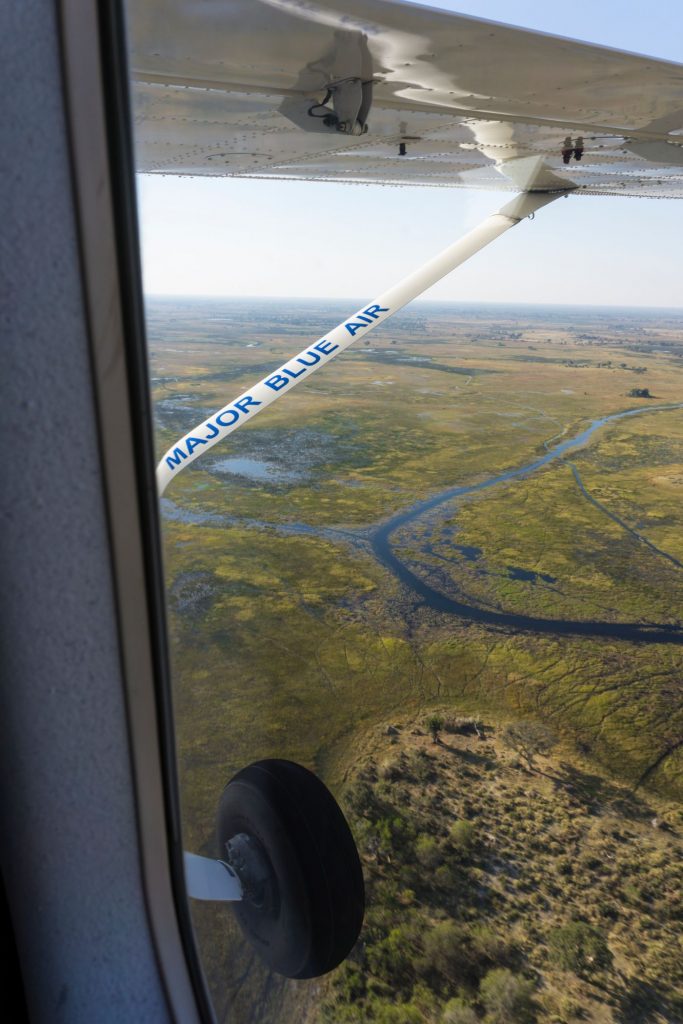
- You can use a carbon offset program to compensate for your flight like CoolEffect & myclimate. Thanks to them you can easily calculate your CO2 emission and offset them directly after the trip. You will feel slightly better after booking your next long-haul flight!
- If possible and safe, try to use as much public transport in the destination as possible. Many countries have a sophisticated transport system, which makes it easy to get around. At the same time, you will have the chance to meet some locals along the way.
- Create travel groups with your friends or families to fill up rental cars, not only will it save you petrol, but you will also have a group of people to share amazing travel moments.
- Try to avoid numerous weekend flights during the year and rather stay longer at a certain place. At the same time if you have to take a long-haul flight to very far destinations, try to stay the maximum of days. You will be happy to have longer holidays and the planet will be grateful for your reduced flights. Win-win.
- Last but not least, we often travel far to explore the other side of the world, when at the same time our own or neighboring countries have plenty of things to offer. You will not only save money on the flight but will also better get to know your own country, culture, and nature better.
Local Environment
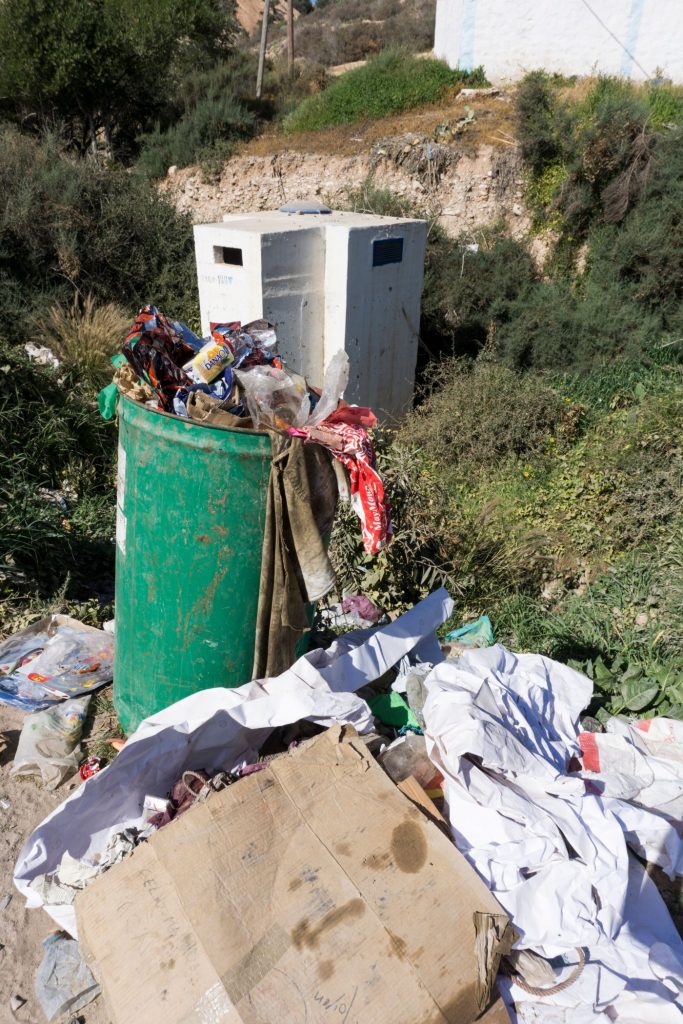
- If it is drinkable and secure, try to use tap water. Always ask Google, locals or your accommodations if the water quality is okay. If so, just take one of your reusable bottles from home and thereby avoid creating plastic trash in the destination of your choice.
- Which brings us to the next crucial tip. Don’t litter! You wouldn’t like to see trash everywhere you go in your home, neither does the rest of the world. How many treasured places have you already visited only to get spoiled by the sight of trash?
- Litter really started to annoy Paulyne and I so what we do now is take trash bags and hand gloves on our trips to collect some trash when we see it. It doesn’t cost much money nor time, and is a great way to give something back to the destination you are in.
- This maybe sounds a bit ridiculous at the beginning, but while traveling try reducing your showers every second day or simply take shorter showers. Numerous countries nowadays are in a severe water crisis and you can have a big impact, see for example in South Africa. But please be aware of the people around you and don’t extend this time too much 😉
- Food, after the environment and traveling, is our third biggest passion. If the cuisine in the destination has some great vegetarian dishes to offer, try them! Same goes for local ingredients. Try to stick to them during your holidays. You will get the chance to experience new flavors and at the same time reduce habitat destruction and CO2 emission.
- We love to walk on unbeaten paths and explore destinations differently. We try to do our share to reduce over-tourism. Quite often, we were disappointed by the major places of interest and had a better time exploring different, lesser-known parts of the country. In this way, you will also avoid the massive amount of tourists. Nevertheless, don’t take it too literally. Always try to stay on the designated paths and avoid trampling on and destroying nature on your way to special places.
- The last tip in this section is an idea that we got on our last trip to Morocco. We realized that we also focused the trip solely around our goal; what we could gain from this holiday. We didn’t like this side of ourselves and we thought it would be great if we would donate a small amount to a local NGO for every day we spent abroad. We thought that 5€ per day would be a great way to start testing it. In the end, we stayed 10 days in Morocco, so 50€ to a local NGO. Even if you do a budget trip in Morocco you will easily spend 1500€ for two people for this time frame, so in the end, it was only 3% of our travel budget. You can somehow consider it a tip for the country, for the great experience you had. We will surely adopt this model again for us in the future because if we can’t afford this extra 3% then we won’t do the trip. It is just a little gesture, but you will be left with the great feeling that you not only took but also gave something back to the destination.
Wildlife
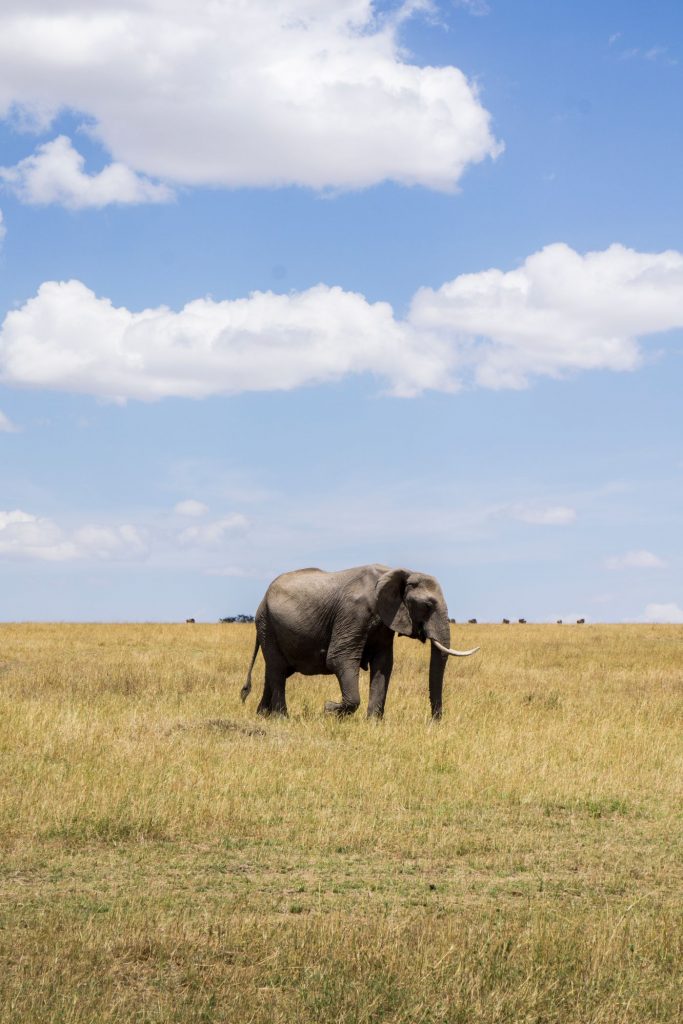
- In the last 40 years, we have lost 60% of our wildlife. So if you planned some activities on your trip that someway include animals, try to avoid activities that include petting, abusing or strongly interfering with them (ABTA has some more information on that). The rule of thumb here is to rather observe wildlife animals from a safe comfortable distance for you and the wild animal, rather than directly interacting with it. You will have the chance to see the animal in their natural habitat, behaving naturally, which will give you a more authentic experience of mother nature. At the same time, you will ensure that future generations will hopefully have the same chance to experience their beauty.
- Avoid buying wildlife products or taking shells and coral from the destination that you visit. We know that the objects often look pretty or exotic, but you will have an even better feeling knowing that they stay where they are supposed to be. After all, if the demand for those products decreases, so will the supply.
- The same goes for eating products that are based on endangered species, like shark soups, whale meat steaks and so on. We know that it is tempting to try, we are curious too, after all however the tradeoff is just not worth it. So let’s all try to stick to the animals we domesticated already or even go veggie.
Local People
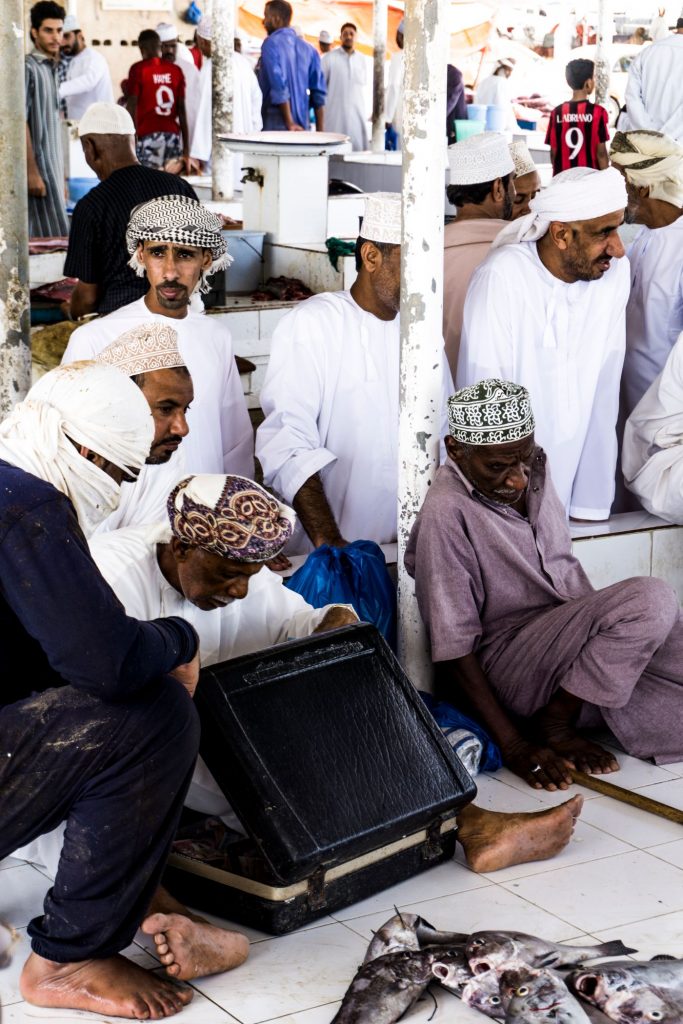
- Here we wanted to start with an obvious one. To have a truly great trip we believe that you should always travel with an open mind and try to understand the local culture. It’s one of the major reasons why we all travel in the first place. When you leave your native country you will discover that people do things differently in other countries and that’s ok, so try to enjoy it while you are abroad. When you come back you will have gained some valuable insights into what you can appreciate at home and what you can maybe adapt.
- That being said try to behave respectfully and adapt to local customs and behavior, like covering yourself at certain monuments or avoid showing affection in public. This will give you the chance to get a better glimpse of the local culture, as well as enabling easier interactions with local people, which will enrich your travel experience.
- One of the biggest powers that we people have is our wallet. Tourism supports 1 in 10 jobs, making it one of the best industries, where we as individuals, can actually have a huge impact. With our decisions where we want to spend money, we shape the planet for the better and for the worse. Traveling is no different. If you want to have a positive impact on the country that you are visiting, we would advise you to support local businesses. From accommodation, transport, food and other services. You won’t only have a richer local experience, but the money will also stay in the country.
- If you are afraid or don’t know which local business you can trust, you can also plan your next trip with some local people, like Evaneos offers. With the help of the local expertise, you will get the chance to create your dream holidays and get a truly local experience, with the security comfort of being able to contact someone 24/7 within the country.
- Respect peoples boundaries and privacy as much as you would do it at home. Before taking close up pictures of people in the streets, kids or their private homes, ask them if it is okay for them. This will not only show respect, but will also give you the great opportunity to get to know more about the person and their life, behind the picture.
- The last point we want to elaborate on in this section is the topic of negotiation. We lived in and traveled to numerous countries where negotiating is common. It can be quite challenging for travelers that are not used to it. Our usual role of thumb is negotiating a bit to get closer to a realistic price, but at the same time leaving enough margin for the local person, after all, we were able to afford to visit their country, so we definitely are on the privileged side here.
Own Mindset
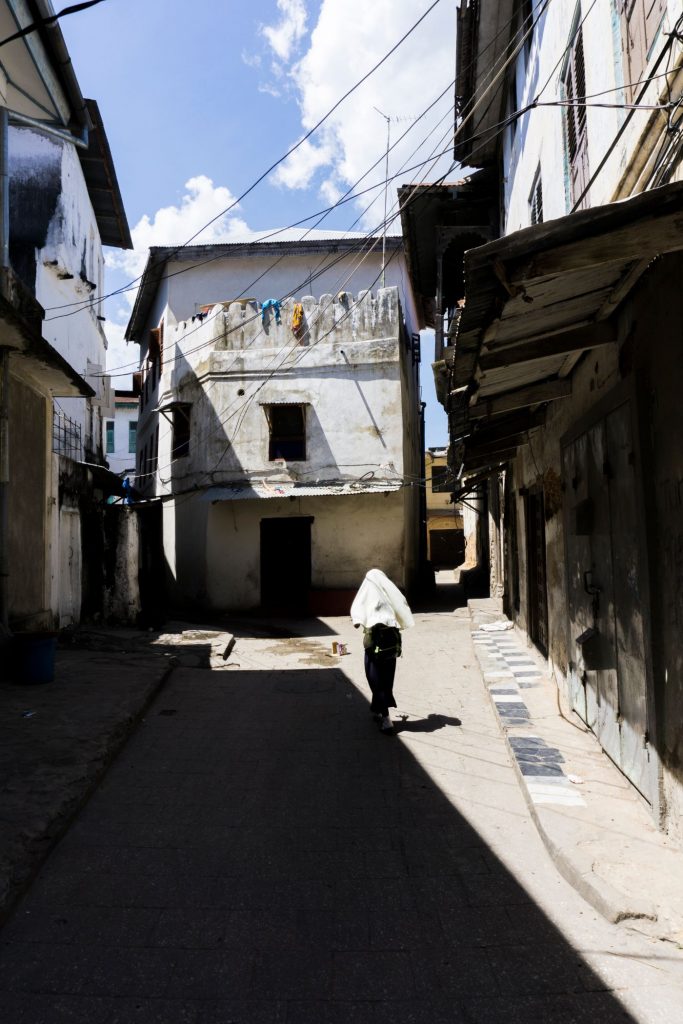
- Last but not least we wanted to talk about
the own mindset. Whenever you leave home be prepared to find something else other than home. Again this is the first reason why we travel, so we have to be flexible and leave our comfort zone when it comes to traveling. On our journeys, we met a couple of people already that kept complaining the entire time about local food, customs, infrastructure and so on. Which shows that not everyone has to travel, there are plenty of things to discover at home and it is also totally fine to have other interests, you should never feel obligated to travel.
- A second reason for this behavior is unrealistic expectations of the destination. We also love to do spontaneous trips; However, we always do a bit of research before visiting a country to be sure it matches our needs and wishes. Doing a bit of research and being ready for leaving your comfort zone, will definitely help you to enjoy your next trip even more.
- It is no coincidence that we have chosenthe name One Second. One Second is a homage to that one second where we finally managed to slow down and soak in the moment and appreciate how beautiful this planet is and how grateful we should be to experience this right now.We want to encourage you to do the same. Try to be present and appreciate what you have.
The most important tips
Before coming to our last point, we wanted to tell you that you should not feel overwhelmed by all those sustainable and ethical travel tips. It’s already progress when you can adapt only a few points. Don’t fall back on the black and white mindset that if you can’t do all you won’t do anything. Baby steps are very important, we didn’t get here from one day to the other, we slowly adapted our lifestyle little by little and we are still far from being perfect either. So don’t worry and do what makes sense for you. The only rule of thumb should always be that while traveling we try to maximize the positive and reduce our negative impacts.
“It’s already good when you
adapt only a few points. Don’t fall back on the black and white mindset that if you can’t do all you won’t do anything. Baby steps are very important.”
The last point we want to make in this article, is that you should always attempt to share your travel stories and pictures. It will not only help you to relive these special moments of your life but by sharing your experiences and pictures you will broaden everyone’s mind around you. Through showing what we experienced we will hopefully inform our surroundings about cultural differences, injustices in the world and the destruction of nature. This awareness will help us to create a future in which traveling helps to improve the lives of local people and preserves our beautiful planet.
So let’s start building it!
What do you think? Was this article helpful? Do you already travel like this? Do you have any other sustainable travel tips? We would love to hear from you below.



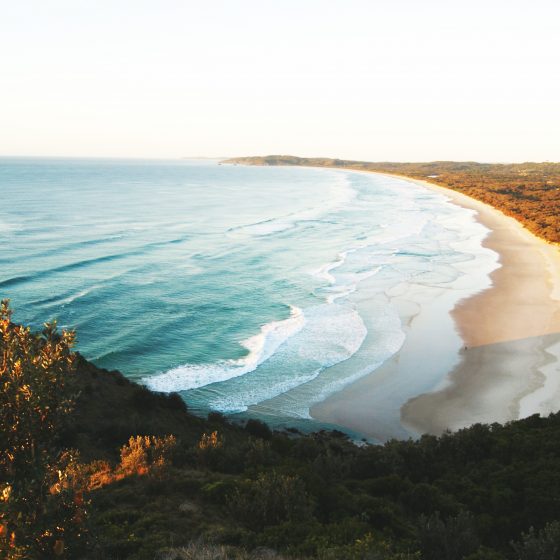
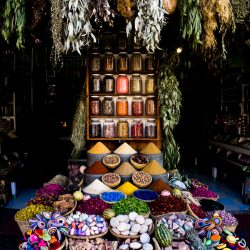

8 comments
I completely agree with so much of this! I have been really conflicted about traveling and its impact on the environment. I think other things you can do are to buy carbon offsets and stay longer in places, so you aren’t traveling place to place a lot!
Totally agree!
So well thought out and full of useful tips. Thank you so much for bringing light to how we can all do our part.
Love this post! This past year I’ve done a lot of soul searching to reflect on why and where and how I travel. I’ve discovered so many hidden gems right here in my own backyard and once we can travel more freely, I will be making very thoughtful, sustainable and ethical decisions.
So happy to hear that! We continuously learn and we can can always improve, the most important is to want to learn and improve 🙂
I enjoyed reading your post! I always use public transport when I visit a new place and I love having that experience. My 2021 goal is to keep the number of flights I take as low as possible and try alternative transport to visit a country or place if possible.
That’s a great start! 🙂 And if you can’t avoid it, you can try to avoid flights with layovers (even though there are cheaper), take off and landing are the most polluting phases of a flight!
I feel like I’ve had a very similar internal conflict – I love to travel, but I love our planet as well and worry about the impact my travel has on the environment. It’s almost the same passion that drives both sides in the conflict too. I don’t know how you can love all there is to love about our beautiful planet without also having a desire to protect and preserve it. I appreciate how you’ve broken these ideas down into categories and easy, actionable steps. Can you tell me a little more about the carbon offset programs though? How exactly do those work? Pinning this post for later – I have a feeling I’ll be coming back to visit it often.